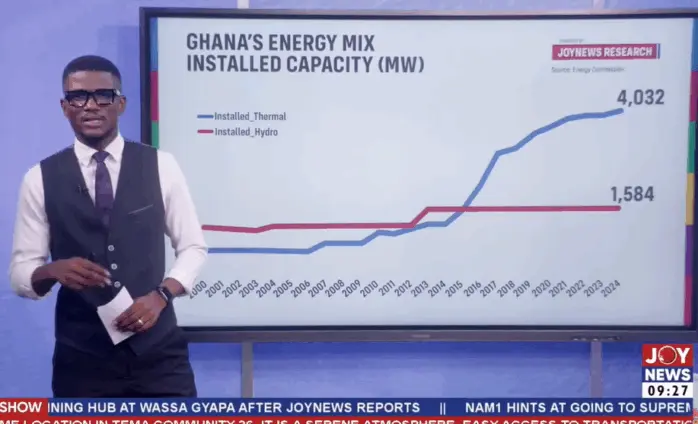The rising tide of financial fraud in Ghana is casting a harsh light on the nation’s banks and mobile money operators, leaving countless customers vulnerable and financially devastated. Amidst this crisis, Lord Ibrahim Sani, a UK-based Ghanaian real estate and agriculture mogul, has emerged as a powerful voice for consumer protection. He is advocating for sweeping reforms within Ghana’s financial sector, particularly urging banks and mobile money platforms to prioritize the refund of fraud victims.
Lord Sani’s advocacy is driven by a deep concern for the financial well-being of ordinary Ghanaians who are often left to bear the brunt of sophisticated scams and systemic weaknesses within these institutions. “If someone gets defrauded due to gaps in a bank’s system, the bank should take full responsibility and refund the customer. That’s what happens in the UK, and Ghanaian lives are no less valuable,” Lord Sani recently stated, highlighting the disparity between consumer protection standards in Ghana and the West.
The call for action comes at a critical juncture, as stories of fraudulent withdrawals, internal collusion scandals, and identity theft become increasingly common, eroding public trust in the banking system. Customers report unauthorized transactions only to face lengthy investigations with little guarantee of reimbursement, fostering a sense of helplessness and injustice.
This situation, according to Lord Sani, reflects a broader culture of non-accountability, consumer neglect, poor regulatory enforcement, and weak digital security within Ghana’s financial sector. He argues that the current system unfairly burdens customers with the financial consequences of institutional failures.
The stark contrast between Ghana’s approach and global best practices is a key element of Lord Sani’s argument. He points to the practices in the West and China, where banks promptly freeze accounts, conduct thorough forensic investigations, and swiftly compensate fraud victims. In the UK, for instance, the Financial Conduct Authority (FCA) and Payment Systems Regulator (PSR) mandate that banks reimburse customers defrauded by authorized push payment (APP) scams, unless gross negligence is proven. This policy has not only reduced consumer losses but also incentivized banks to invest in robust fraud prevention measures.
“Banks in the Western worlds and even China understand the weight of trust placed on them. That’s why they take security seriously,” Lord Ibrahim Sani explained.
To address the systemic issues plaguing Ghana’s financial sector, Lord Sani proposes a series of concrete recommendations. He urges the Bank of Ghana and the Ghana Association of Banks to implement a mandatory reimbursement policy for verified fraud cases, ensuring that victims are promptly compensated for their losses. He also advocates for the establishment of an independent consumer protection office and a national fraud reimbursement fund, jointly financed by banks and regulated by the state. This fund would serve as a safety net for fraud victims and incentivize banks to strengthen their security protocols.
Inspired by the UK’s Financial Services Compensation Scheme (FSCS) and Contingent Reimbursement Model Code, Lord Sani proposes the enactment of new laws that would provide a legal framework for consumer protection and fraud reimbursement in Ghana. These laws would clearly define the responsibilities of banks and mobile money operators, as well as the rights of consumers, creating a more equitable and transparent financial system.
Lord Sani warns that trust in the banking system is currently at a tipping point. The failure to protect and refund customers who have been defrauded erodes confidence in the entire financial system, jeopardizing its stability and long-term sustainability. He emphasizes that banking is fundamentally a social contract, and financial institutions have a moral and ethical obligation to safeguard their customers’ money.
“If you can’t protect my money, or refund it when you fail, then you have broken that trust. It’s time we raise the bar,” Lord Ibrahim Sani asserted, underscoring the urgency of the situation.
Lord Ibrahim Sani’s impassioned advocacy for fraud victim compensation serves as a wake-up call for Ghana’s financial sector. By embracing global best practices, implementing mandatory reimbursement policies, and prioritizing consumer protection, Ghanaian banks can rebuild trust and safeguard the financial well-being of their customers. Lord Sani’s recommendations, drawing inspiration from successful models in the UK and China, provide a clear roadmap for creating a more accountable, consumer-friendly, and secure banking environment in Ghana. The call to action is unambiguous: Ghanaian banks must prioritize the protection of their customers’ financial security to uphold the integrity of the financial system and restore public trust.
Image Source: MYJOYONLINE





















